Johor’s new leaders eye strong ties with royal family
The new state government has pledged to consult the Sultan of Johor for his views and feedback on key projects in the state.
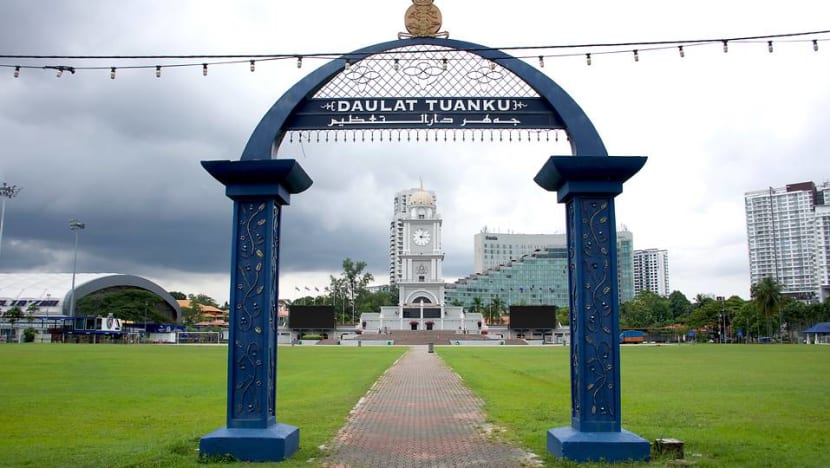
An archway at Dataran Merdeka in Johor Baru. The phrase "Daulat Tuanku" means "long live the king". (Photo: Justin Ong)
JOHOR: As Johor's newly appointed chief minister Osman Sapian posed for the cameras in his office at the Dato’ Jaafar Muhammad building in Kota Iskandar, portraits of the Johor royal family hung conspicuously behind him.
In his interview with Singapore media at the end of May, Osman highlighted an expectation that the new state government will regularly consult with the Sultan of Johor, Sultan Ibrahim Sultan Iskandar.
"I meet His Royal Highness quite often. So far our relationship has been okay," said the 67-year-old Kempas state assemblyman.
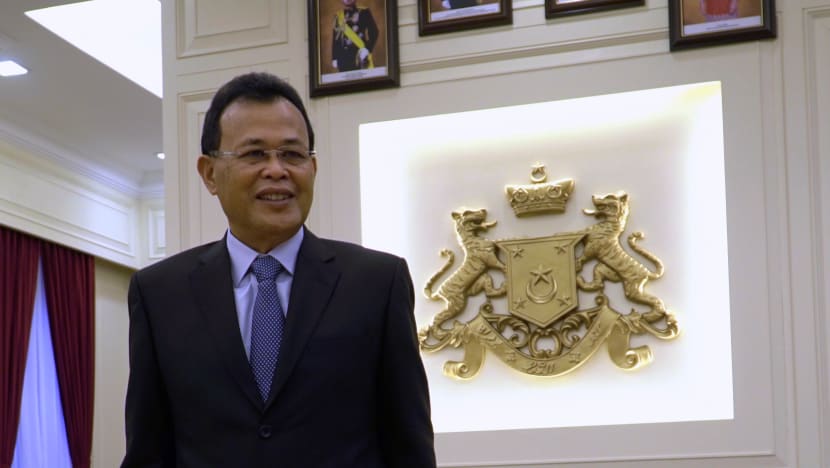
“Because His Royal Highness’ family has governed for generations in Johor, we must give him the utmost respect. And we will seek his views and feedback on whether the projects we are implementing will be beneficial,” explained Osman.
“If the project benefits the people, His Royal Highness will not stop us,” he added.
Osman and his fellow PH candidates won 36 out of 56 state seats to seize control of the Johor state assembly in Malaysia’s historic general election, wresting the state from the Barisan Nasional coalition which had governed Johor since independence.
The new state government has pledged to build good ties with the Sultan by consulting him for advice on projects and policies.
However, experts point out that the PH government’s relationship with the Johor royal family pales in comparison to its predecessors, who were led by former chief minister Khaled Nordin.
“Khaled Nordin is a close friend to Sultan Ibrahim, but it remains to be seen how close the sultan is to the new chief minister,” said Ahmad Martadha Mohamed, analyst from the Northern University of Malaysia.
“The BN administration is aware and accustomed to the royal family’s ideas and aspirations, but the current government isn’t,” he added.
Rashaad Ali of the S Rajaratnam School of International Studies (RSIS) suggested that the partnership between the new state government and Sultan Ibrahim is “far from a business relationship yet”.
“I think the Sultan has leverage. The state government are the new kids on the block and they will have to invest in developing this relationship,” said Rashaad.
POTENTIAL THORNY ISSUE: FOREST CITY
An issue that could test the royal family’s relationship with the new state government is the Forest City mixed development, which sits on four artificial islands off Johor’s south-western coast.
The US$100 billion project is a joint venture between Chinese developer Country Garden, the Johor government and Sultan Ibrahim, and when completed in 20 to 30 years will house some 700,000 people.
The development is expected to yield RM30 million (US$7.54 million) yearly for the state and create more than 60,000 jobs, including a quota for locals.
However, late last year, PH leader Mahathir Mohamad tossed Forest City into the political mix ahead of Malaysia’s election, when he argued that the Chinese buyers would eventually become citizens and thus alter Johor’s demographics and voting patterns.
Ahmad maintains that for economic developments like the Forest City, Sultan Ibrahim will remind the current state administration that such projects will have to proceed.
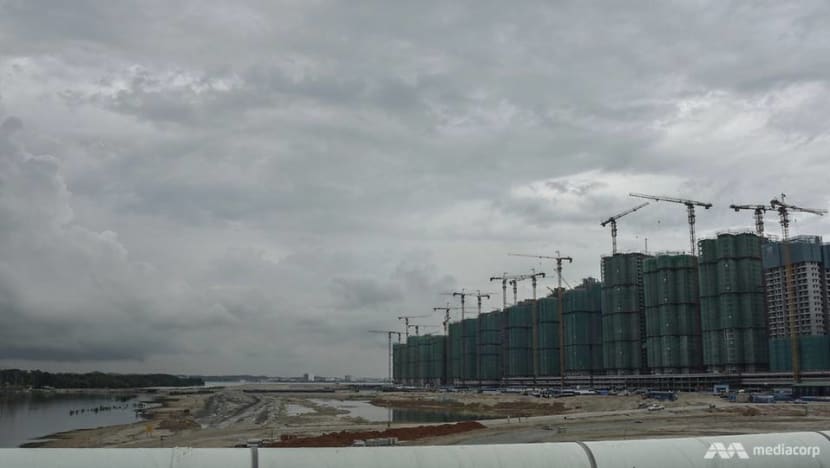
“The Pakatan Harapan government will have to bear in mind that they simply cannot cancel or postpone projects that the Sultan believes will improve the lives of Johoreans,” he said.
“These projects were planned and executed with the blessing of the Sultan. The new chief minister and his team cannot touch or interfere with them,” added Ahmad.
When asked how the Sultan’s involvement will impact the state government’s decision on Forest City, Dzulkefly Ahmad, the new state executive chair for housing and rural development, told Channel NewsAsia that the project will proceed as long as developers “comply with specified required regulations”.
“In general, projects can carry on with the existing approvals unless we find out that some of them do not comply with the terms and conditions we set,” he said.
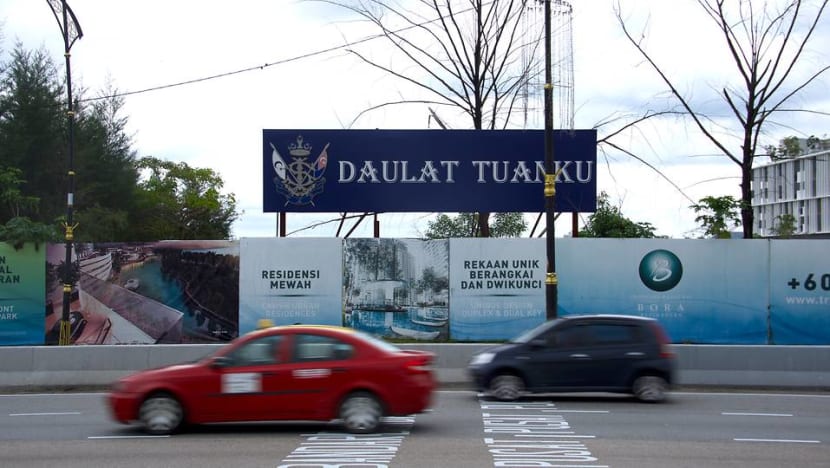
Dzulkefly, who is also state assemblyman for Kota Iskandar, stressed that the new government welcomes foreign investment “from any country, not just China”.
“This is on condition it is a win-win situation. The projects must not only bring in money, but also provide job opportunities for locals and transfer of technological skills,” he said.
In spite of potential thorny issues, PH strategist Liew Chin Tong maintains that the Sultan of Johor has been “very helpful” in allowing for the transition of power in both the Johor state and federal governments.
A day after the election results were announced, Sultan Ibrahim, in a video address posted on Facebook, urged that state and national governments be formed as soon as possible following Malaysia's 14th general election.
Soon after, Mahathir was sworn in as prime minister and Osman as Johor’s chief minister.
“The Sultan respects the democratic wishes of ordinary Malaysians, Johor voters and he was also very vocal during the transition at national level,” Liew said.
“It has been very smooth because the Sultan took an interest to ensure that it is. And from that gesture it’s very clear the new government will have a good working relationship with the Sultan,” Liew added.
However, tensions between Mahathir and the Malaysian royal family, including the Sultan of Johor, have dated back to his first period as prime minister from 1981-2003 when he introduced laws that curbed royal powers and stripped them of legal immunity.
But Serina Rahman, research fellow from the ISEAS-Yusof Ishak institute, highlighted that Mahathir now runs the government “in a new era”.
“With checks and balances from PH component parties and civil society, he cannot function as he did 20 years ago,” she said.
She also highlighted that Parti Keadilan Rakyat de facto leader Anwar Ibrahim, who will eventually take over from Mahathir as premier, does not have any history of negative issues with royalty.
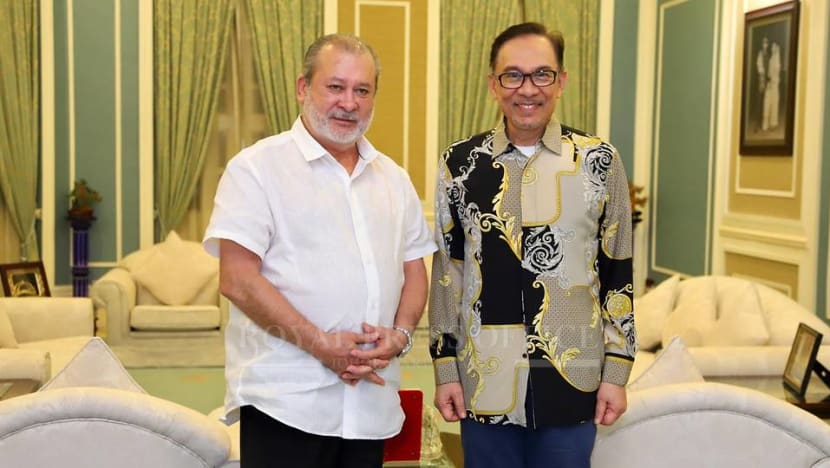
“Barring some initial hesitations and unease, relationships will be better than 20 years ago as everyone has moved on and there are far more things to focus on like getting the economy in order,” she added.
PEOPLE POWER
Rashaad noted, however, that both the actions of the state government and the royal family are mitigated by public opinion.
Prior to the election in April, the Sultan’s eldest son crown prince Tunku Ismail wrote a Facebook post urging Johoreans not to be “fooled by a forked-tongued individual” – a veiled dig at Mahathir who was campaigning in the southern state.
The reaction to the post was largely negative, with many netizens urging Tunku Ismail to stay above the political fray.
“Public opinion in the run up to the election has shown that Johoreans care about what the royal family thinks, but they don’t necessarily listen to what the Sultan has to say,” Rashaad said.
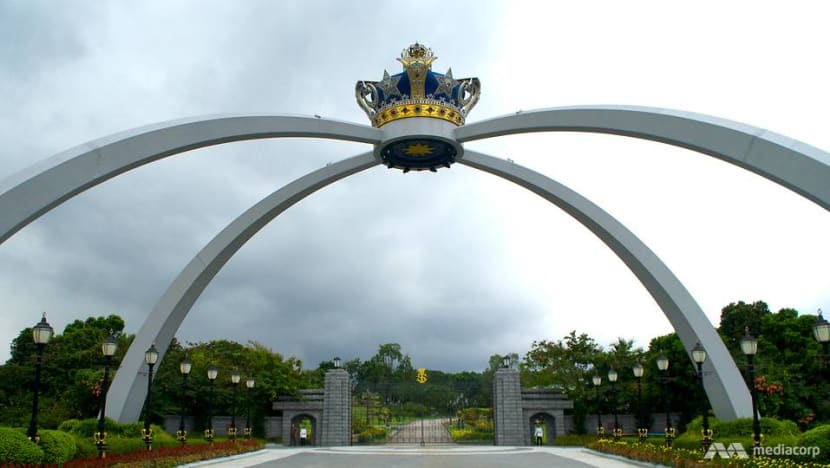
“One of the key themes from this election is the democrarisation of public space, and how peole have realised that their choices matter,” Rashaad said.
“Malaysians have awoken to the fact that their choices matter and have impact … and this is especially true for places like Johor where you have a royal family that is preoccupied by public opinion and this state government that is looking to match if not outdo the previous state government,” he added.
This is the third part of a series looking at how the change of government in Malaysia is being felt in Johor. The first three parts discussed tourism, race-based policies and relations with the royal family.
















